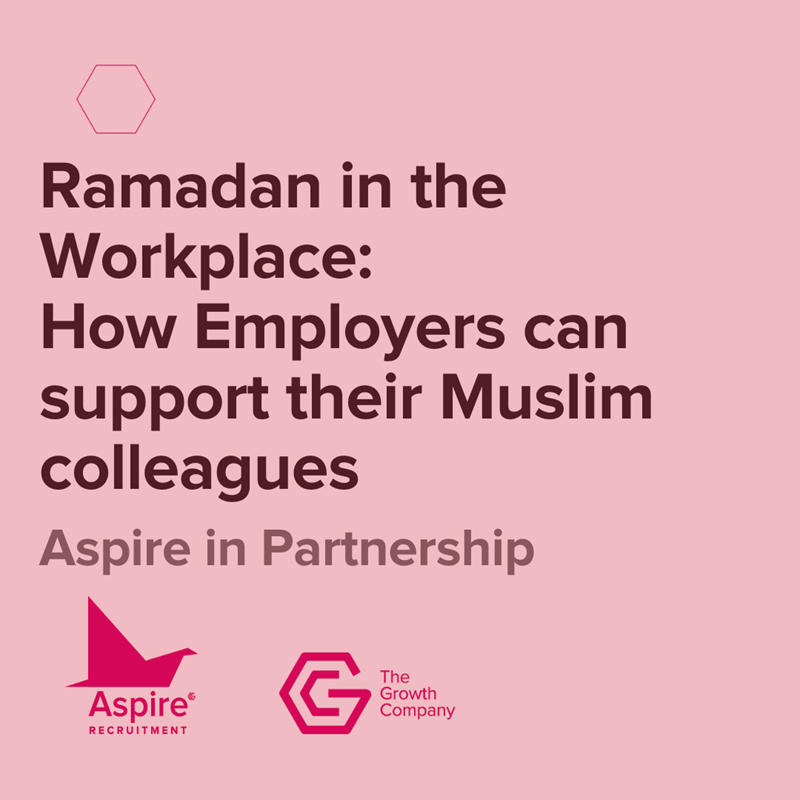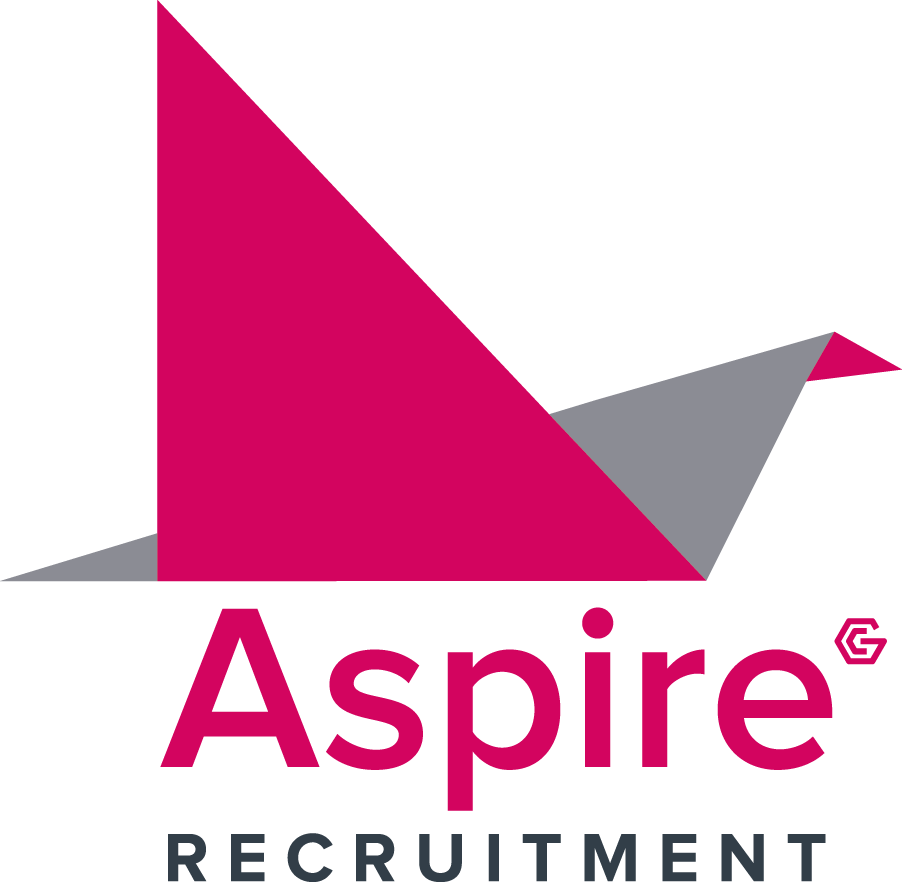Ramadan in the Workplace: How Employers can support their Muslim colleagues

Ramadan is due to start this week, around the 22nd March. It is a holy month observed by Muslims worldwide, during which they fast from dawn until dusk for a period of about one month. It is a time of spiritual reflection, self-discipline, and community building.
In this article, Adrian Bird from Aspire in Partnership will provide some insights into how Ramadan can impact the workplace and how employers can support their Muslim colleagues during this time.
During Ramadan, Muslims fast during the day, which means they do not eat or drink anything from sunrise until sunset. This can cause a range of physical and emotional effects, including fatigue, dehydration, and hunger. As a result, many Muslims may feel less productive during the month of Ramadan. It is essential for employers to understand the impact of fasting on their employees and take steps to support them. In addition to this, some Muslims may need to adjust their working hours during Ramadan to accommodate their religious practices. For example, some may need to leave work early to break their fast or attend evening prayers. Employers should be aware of these needs and be flexible where possible to support their employees.
Here are some ways you can support your colleagues during Ramadan:
Provide Flexible Working Hours
Employers can offer flexible working hours to allow Muslim employees to break their fast or attend evening prayers. Fasting can be physically and mentally challenging, especially in the early days of Ramadan. Employees who are fasting may experience fatigue, dehydration, or difficulty concentrating, which could impact their productivity at work. Allowing for flexibility can help employees manage their energy levels and maintain their productivity.
Provide a Quiet Space for Prayer
Many Muslims will want to take a break during the day to pray. Employers can provide a quiet space where employees can pray in peace, and it is recommended that a designated prayer room is made available if possible.
Be Mindful of Scheduling Meetings
Employers should avoid scheduling meetings during the time when Muslim employees are breaking their fast or attending evening prayers.
Show Understanding and Respect
Employers should be understanding and respectful of their Muslim employees' needs during Ramadan. They should not make any assumptions or judgments about their employees' ability to work during this time.
Educate the Workforce
Employers can educate their workforce about Ramadan and its significance for Muslims. This education can help build awareness, understanding, and empathy among colleagues.
Celebrate Diversity
Employers can celebrate diversity in the workplace by recognising Ramadan and hosting events or activities that show support for Muslim employees. This can help build a sense of community and foster inclusivity in the workplace. Ramadan is a time where many Muslims look to increase their charitable activity and support those who are more disadvantaged in the community.
Be Mindful Around Social Activities
Ramadan is also a time for socialising and spending time with family and friends. However, some employees may be unable to participate in social activities due to their work schedule or religious obligations.
Ramadan is an important time for Muslims in the UK, and it can have a significant impact on the workplace. Employers can support their Muslim colleagues by providing flexible working hours, a quiet space for prayer, being mindful of scheduling meetings, showing understanding and respect, educating the workforce, and celebrating diversity. By doing so, employers can create a workplace that is inclusive, supportive, and respectful of different religious practices and beliefs.
Aspire in Partnership support employers to understand how to celebrate diversity and become more inclusive, whilst recruiting the people you need. For support, please email AiPEnquiries@gcemployment.uk or call 0161 245 4946.
Manchester Office
Lee House
90 Great Bridgewater Street
Manchester
M1 5JW



